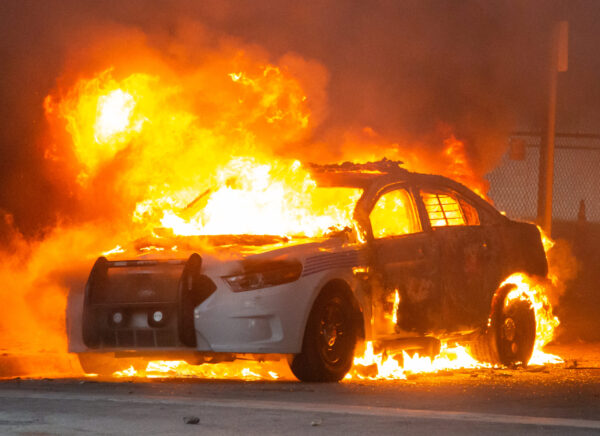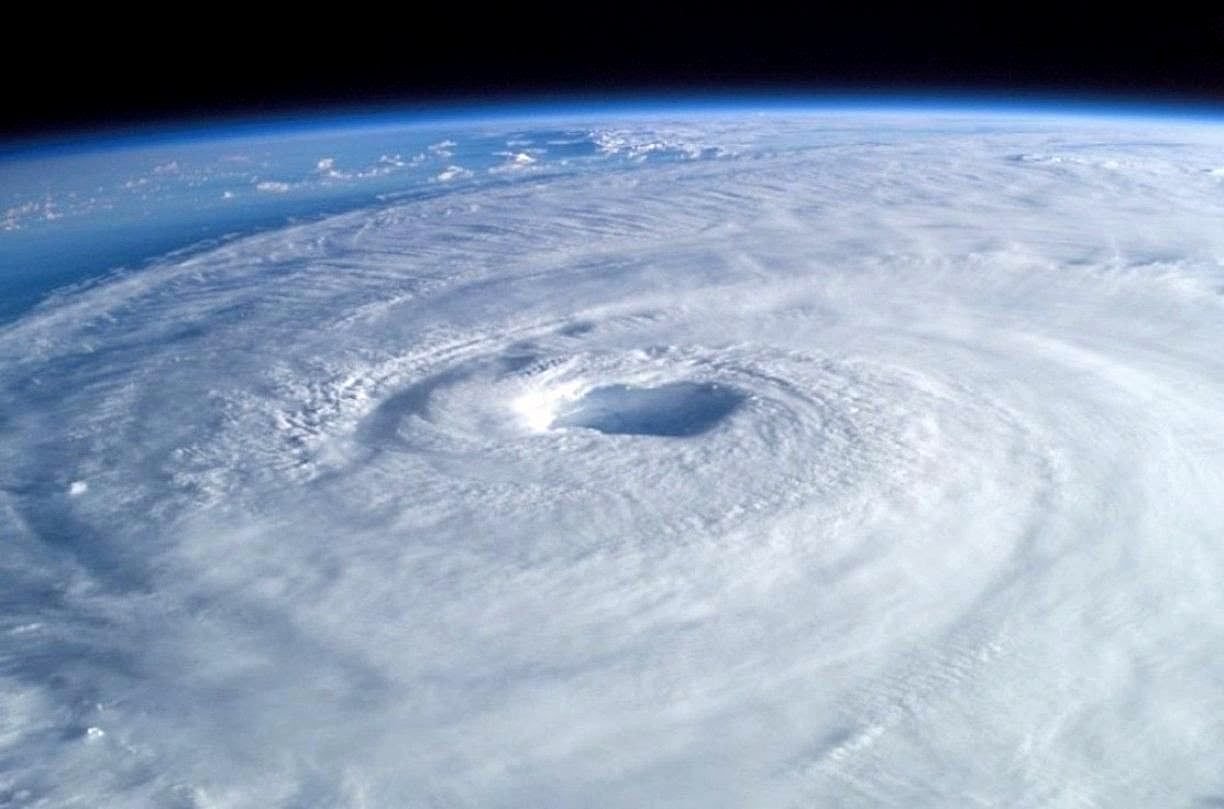“Dort, wo man Bücher verbrennt, verbrennt man am Ende auch Menschen.”
“Thus, where men burn books, in the end they will also burn men.”— Heinrich Heine, Almansor: A Tragedy (1823)
Since we are all clutching pearls at the idea of burning books quite suddenly, let’s take a moment to remind ourselves when progressive Democrats are entirely complacent about the actual practice of book burning — yes?
For instance? When progressive rioters in August 2020 engaged in BLM and Antifa’s favorite pastime — only instead of burning out small businesses they instead burned Bibles in Portland, Oregon — the Democrats initially denied that it happened… until video evidence verified that the BLM/Antifa rioters actually did burn Bibles.
Even Snopes rated the claim true, despite the legacy media and the perpetually offended Democratic Party offering barely a single word of objection. One has to wonder whether they would have been as blasé about the whole thing if it was a Holy Quran or The Vagina Monologues or even a copy of The Turner Diaries.
I digress.
Of course, just days after parents threw the Democratic Party out of their high church of Virginia state government, they have found a new bogeyman — where the Spotsylvania County School Board has issued an ultimatum to its school superintendent to conduct a survey of objectionable books
The offending books? Two are mentioned. One book entitled Call Me By Your Name which involves a sexual relationship between a 17-year old boy and a grown man, and 33 Snowfish — which depicts a series of sexually abusive relationships including pedophilia and prostitution — resting on the shelves of Spotsylvania’s high school libraries.
The objection from the left mostly rests in the idea that some books deserve to be in libraries. Yet the objections from school board members that these books should be in fact burned seems to be grating on the sensibilities of the book-burners and witch-burners of the political left.
To recap the argument: Bibles and American flags can be burned; conservative academics perfectly acceptable to cancel… but pornography in high school libraries is elevated to the sacred?
Got it.
Well, not really.
Now I have never read this book, though a cursory glance at the reviews suggests that I may not want to read this book. Reminds me a bit of an oversexualized version of Cormac McCarthy’s The Road — which if you are ever in a good mood, McCarthy will snap you right out of it.
So what is in this book that makes it so objectionable? Pedophilia, child prostitution, murdering your parents — and a tiny bit of redemption if one is to believe the folks at Kirkus Review:
They have no destination other than to get away from where they’ve been; they have a vague plan of selling the baby and using the money to set themselves up comfortably. Their “plan” is doomed from the start: the three, plus the baby, end up in an abandoned van in the middle of the woods, where first Curl dies and then Boobie vanishes into the snow. It is at this moment that Custis and the baby are taken in by Seldom, an ancient and eccentric black man who lives in a cabin and who begins to show Custis that maybe there is another way to live.
Publisher’s Weekly didn’t have much to say for the opening line of this book:
“On top of everything else, Boobie’s got the clap,” begins Rapp’s (Little Chicago) dark tale about three runaways who understand hatred and violence better than love. Custis, an orphan, is fleeing from his “owner,” a producer of pornography and snuff films. Custis is accompanied by Curl, a child prostitute, and her boyfriend, Boobie, who has just murdered his parents and kidnapped his baby brother to sell on the streets. . . . Signs of hope do not appear until two of the three children have lost their lives and the lone survivor, touched by a stranger’s kindness, faces options that could change his fate. Readers may have trouble stomaching the language (e.g., “He was a dirty-ass little half-nigger, too—a lot dirtier than me”), as well as the horrors so flatly depicted and, in the end, so handily overcome.
Let’s break the problem down into three parts.
First and foremost, the problem of censorship in America and who gets to decide. Second, the wider problem that Americans simply don’t read anymore. Third and more fatal, what we are reading is mostly complete and total trash — and a form of censorship itself.
What’s the Difference Between Burning Books and Never Reading Them?
Censorship isn’t something held exclusively by one political camp — or even one country. The Austrians did it, the British did it, the Chinese and Russians still do it. Yet social engineers have found more creative ways over time to censor big ideas.
After all, to borrow from Ray Bradbury’s observation, you don’t have to burn books to destroy a culture at all.
One simply has to get people to stop reading them.
That is precisely what has happened in public education over the last 50 years. Mention any line of Shakespeare or Chaucer and you will most likely get blank stares from your average high school student or college undergraduate. Press further, and most of us would find the Great Books rarely mentioned if ever taught in our public schools.
This is no failure of our teachers; most of us as parents have not read the Great Books. Teachers can reinforce the example set at home, of course. But they cannot replace character.
Now we could change this at any time we want.
But we don’t.
For starters, we could go to the local bookstore or download a copy of Aristotle, Chaucer or Shakespeare and actually read the Great Books. For about $400 you can buy the 52-volume set and join the ranks of the truly educated. For about $100 you can buy a 10-volume abbreviation of the Great Books just to get your feet wet. In fact, there is an entire foundation about the Great Books helpfully entitled the Great Books Foundation by which we can all learn the essence of the Western canon and even learn how to talk about this core with others.
When was the last time you saw anyone talk about Shakespeare or Chaucer with any sort of enthusiasm? Or Tacitus and Thucydides? Marcel Proust or Alexsandr Solzhenitsyn? Probably not too often… or probably here when I am in my cups and thumping the table.
In fact, most American households have no more than 20-30 books. One would wager that most of those books consist of little more than trash. In lower income households? There is one book for every 300 children.
The average American reads about one book a month, or 12 books per year. One suspects that this is a bit of an inverted bell curve, with most Americans never having touched a book and some reading as many as 3-4 books a week.
Now one might imagine a scenario where a student well versed in the Great Books of the Western World bumps into a book such as 33 Snowfish. One might be correct in thinking that such a student would probably flip through the pages, wince a bit and then set it down. Or pick it up and read it with an intensely critical eye.
But most Americans readers can’t do that.






